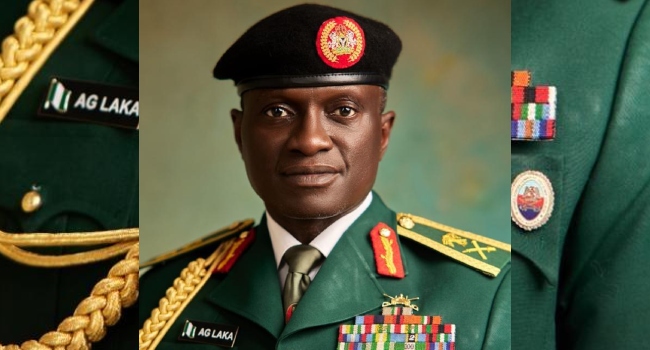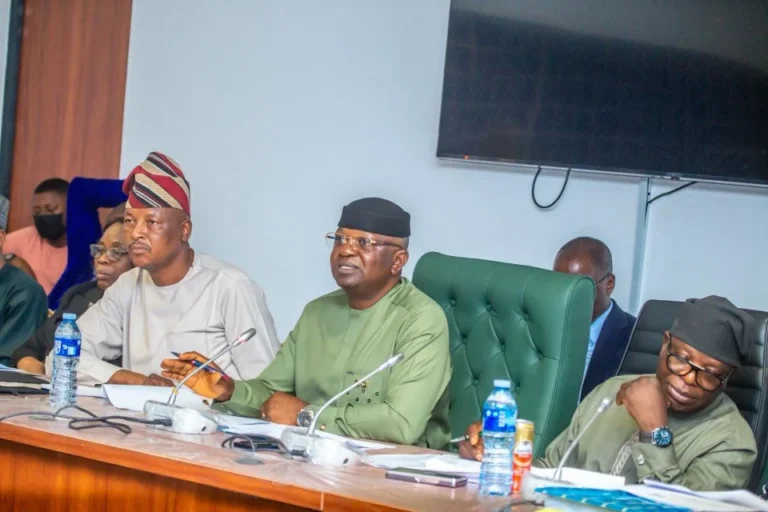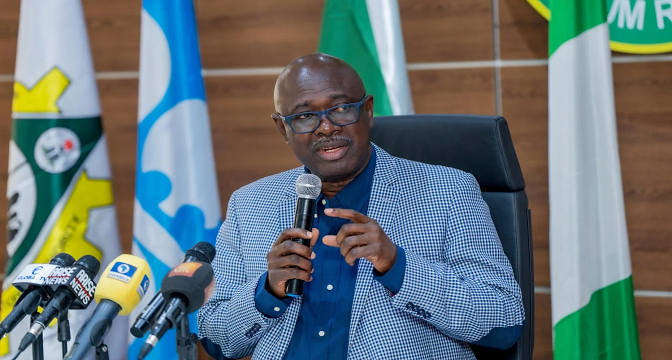
In a significant move toward transparency and accountability, the National Counter-Terrorism Centre (NCTC) under the leadership of Major General Adamu Laka has invited Amnesty International for a strategic dialogue. The initiative comes in response to growing global concern over humanitarian issues and the civilian toll in conflict-affected regions across Nigeria.
General Laka made the invitation on behalf of the Office of the National Security Adviser (ONSA). The dialogue aims to strengthen cooperation between the Nigerian government and international human rights organizations. It also seeks to improve civilian protection during counter-terrorism operations and align national efforts with global standards.
The NCTC General Laka humanitarian dialogue is designed to foster open conversation and mutual understanding. During his address, General Laka emphasized that collaboration is essential to ensuring Nigeria’s national security strategy respects human rights and humanitarian principles. He stated that both transparency and respect for international law are central to NCTC’s mission.
Recent reports from humanitarian agencies have highlighted a worsening crisis in regions plagued by terrorism and banditry. Civilian deaths, displacement, and destruction of local livelihoods have continued to raise concerns. By extending an invitation to Amnesty International, General Laka hopes to address these issues constructively and find solutions that protect lives while maintaining security.
General Laka explained that national security can be achieved without neglecting the dignity of citizens. He said that the military and security forces must act professionally and remain accountable, especially during high-risk operations. His leadership at NCTC is already driving efforts to train forces in ethical conduct and civilian engagement.
The NCTC General Laka humanitarian dialogue is not just a response to criticism. It is a proactive attempt to create long-term frameworks that promote trust between the government and civil society groups. The dialogue is expected to cover topics such as conflict-related displacement, access to humanitarian aid, and how to ensure that counter-terrorism actions do not harm innocent populations.
In recent months, the humanitarian crisis in Nigeria has intensified, especially in the North-East and parts of the Middle Belt. These regions have faced waves of insurgency, leaving families without homes, food, or access to basic services. General Laka acknowledged this reality and stressed that it is time to do more than defend territory. He said it is time to defend humanity.
Amnesty International has responded positively to the call for dialogue. A representative confirmed readiness to engage with the NCTC and share recommendations that could improve Nigeria’s compliance with international human rights frameworks. The agency also expressed hope that this move would mark the beginning of deeper engagement and cooperation.
General Laka concluded by stating that fighting terrorism requires more than weapons. It also requires wisdom, empathy, and strong partnerships. He reaffirmed NCTC’s commitment to ethical leadership and civilian protection, and he pledged to ensure that future operations are guided by the values of justice, law, and compassion.
This invitation by General Laka is seen by many as a turning point in Nigeria’s counter-terrorism efforts. His focus on dialogue and human rights has earned praise from local observers and international actors. If sustained, this approach could reshape Nigeria’s security landscape and restore hope to millions affected by conflict.



